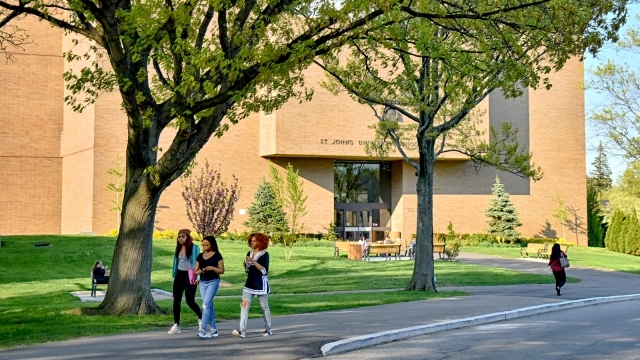

Online Student Center
St. John's Law
Welcome to the Online Student Center
Check back regularly to get updated information for St. John's Law students.
Forms for Current Students
Here's an alphabetical list of forms commonly used by St. John's Law students:
Externship Placement Registration Request Form
Marketing Project Request Form
Pro Bono Service Award – Form to Submit Hours
Request to Amend Application to the Law School Form
Student Services, Academic Support, & Bar Prep Support
Student Services
Student Services Office
Email: [email protected]
Phone: 718-990-6600
Office: 4-56
Melissa Angelides, Interim Associate Dean for Student Services
Email: [email protected]
Phone: 718-990-6044
Office: 4-56
Vernadette Horne, Assistant Dean for Diversity, Equity & Inclusion
Email: [email protected]
Phone: 718-990-6469
Office: 1-10A
Kristina Ebanks, Associate Director of Student Services
Email: [email protected]
Phone: 718-990-3280
Office: 1-18C
Kristie Stack, Associate Director of LL.M. Support and Student Services
Email: [email protected]
Phone: 718-990-6011
Office: 1-18D
Academic Support
Kathryn Piper, Senior Director of Academic Achievement
Email: [email protected]
Phone: 718-990-7537
Office: 1-18A
For Appointments: https://calendly.com/kathrynpiper
Bar Prep Support
Rachel R. Paras, Senior Director of Bar Preparation
Email: [email protected]
Phone: 718-990-2799
Office: 4-41
